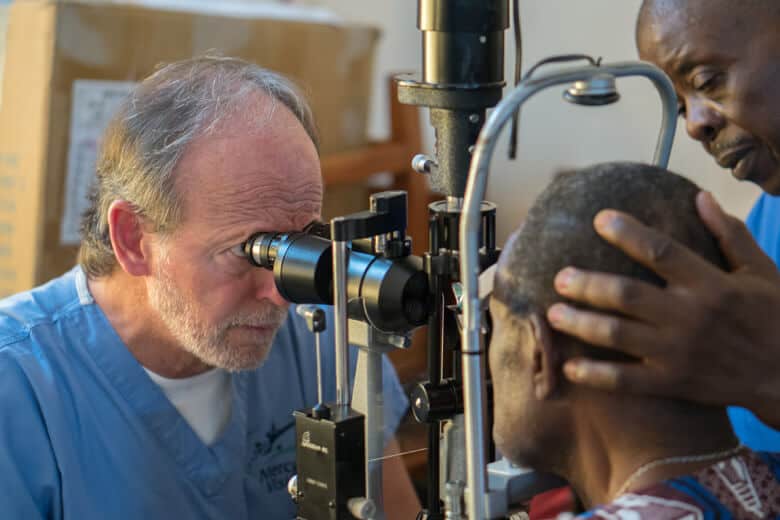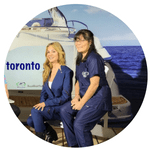A simple surgery and the blind can see!
Cataract operations and ophthalmic surgery
Blindness and Visual Impairment in Developing Nations
Eye conditions treatable in their early stages in developed nations are frequently left untreated in the poorest parts of the world and often lead to impairment or blindness. The majority of blindness cases are curable and could be avoided by prevention and early treatment. Being blind in developing countries often means being considered an outcast. In fact, most blind children do not survive past the age of five.
Cataract
Outside developed countries, cataracts remain the leading cause of avoidable visual impairment, affecting 50% in sub-Saharan Africa. A cataract is a clouding of the eye’s lens which impedes the passage of light. Although most cases of cataract are related to the ageing process, occasionally children can be born with the condition, or cataracts can develop after eye injuries, inflammation, or as a result of ocular diseases. Cataract surgery is one of the most cost-effective treatments that can be offered in developing countries.

Transformational Healthcare through Eye Care Programmes
Mercy Ships aims to prevent the effects of blindness by providing specialised medical treatment. Mercy Ships uses hospital ships supported by shore-based activities to deliver free specialised healthcare to the world’s forgotten poor.
Mercy Ships ophthalmic surgeons perform free, vital eye operations to restore patients’ sight and improve their quality of life.
Ophthalmic Surgery
Cataracts are the most common cause of avoidable blindness worldwide. However, most incidents of cataract blindness are curable, and sight can be restored with a low-cost, suture-less technique. Mercy Ships cataract operations are performed using the latest methods and technology. Mercy Ships eye surgeons perform procedures to correct pterygium (growths on the cornea of the eye), strabismus (crossed eyes), and eyelid deformities, and to replace painful or disfiguring blind eyes with prostheses.
Training & Capacity Building
In addition to the surgical focus, Mercy Ships provides training opportunities for local surgeons and eye care professionals. This training will help build the in-country capacity to provide eye services.
Accomplishments
Since 1978, Mercy Ships has provided over 55,000 life-changing ophthalmic surgical procedures and performed more than 381,000 eye consultations.
SHARE
Statistics (source: WHO)
- 39 million people are blind worldwide. Most of the world’s blind –about 90% – live in poor nations where eye care is inaccessible.
- About 80% of all visual impairment could be avoidable globally. Correction of refractive errors could give normal vision to more than 12 million children (ages 5 to 15).

